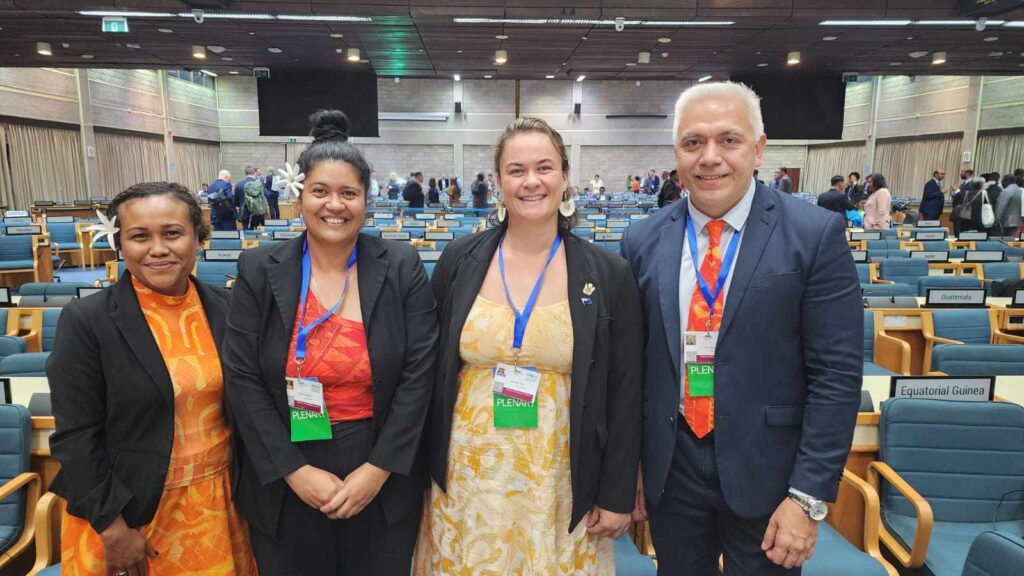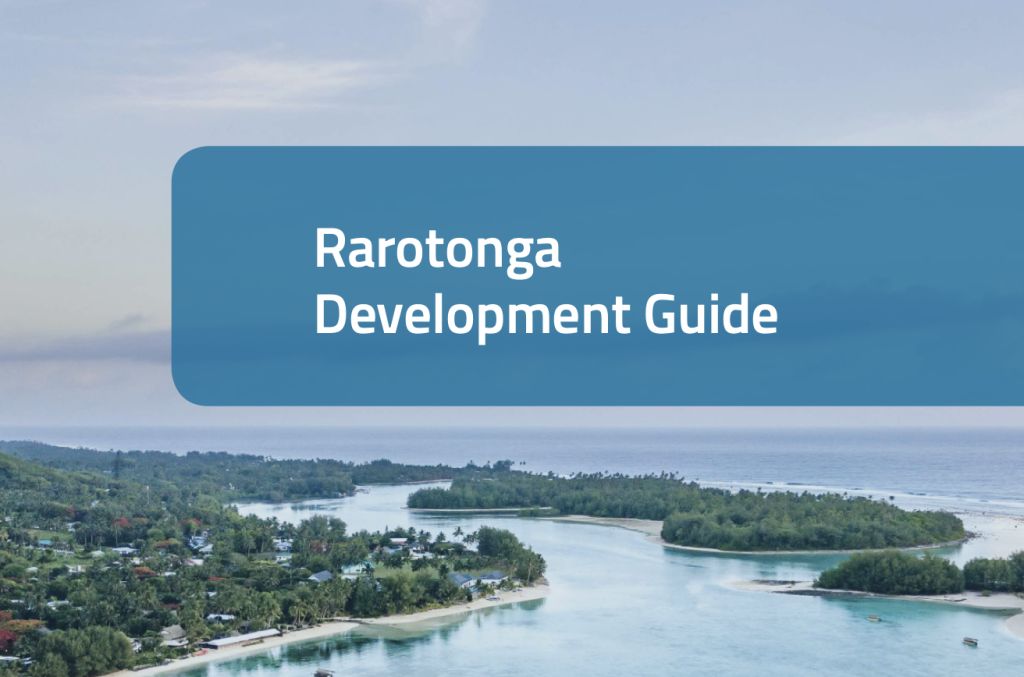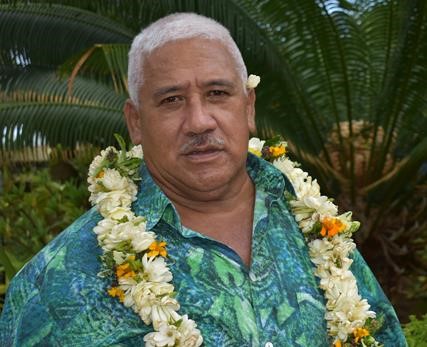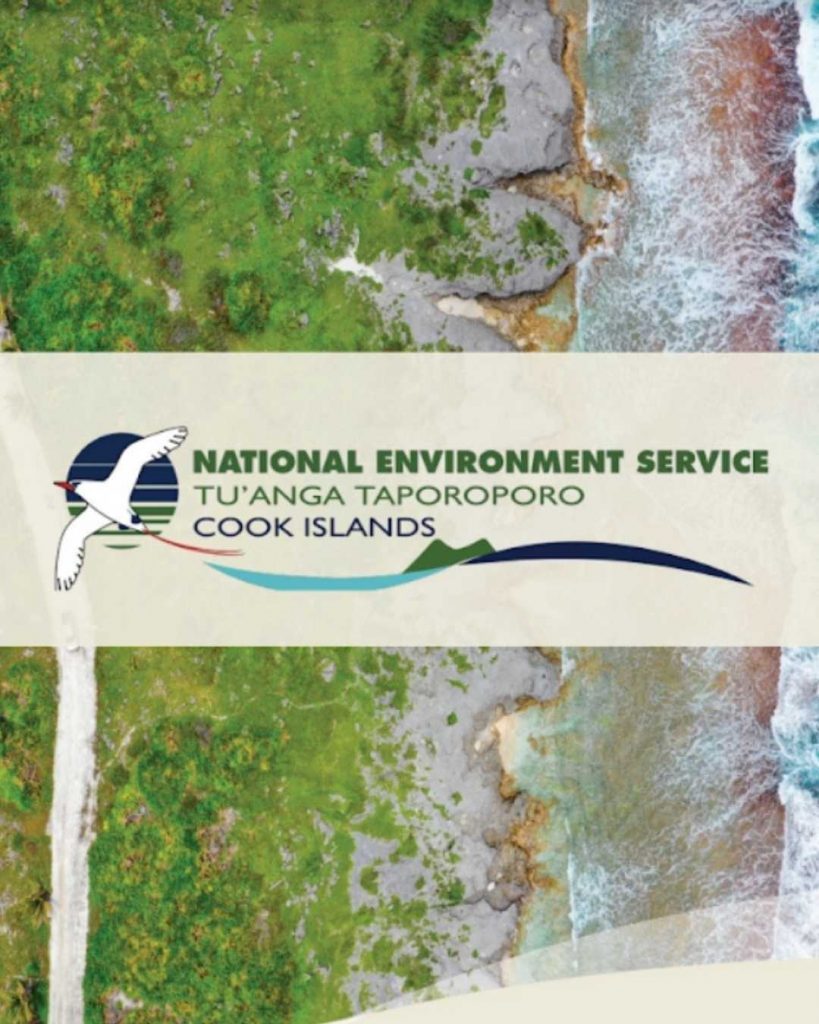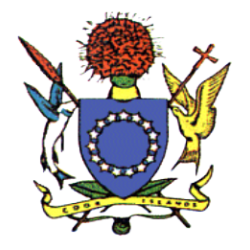Over 1,500 delegates gathered in Nairobi, Kenya this month to embark on the third session of negotiations (INC-3) for the International Legally Binding Instrument (ILBI) to End Plastic Pollution. The delegates represented governments, academia, civil society organisations, private sector entities, UN entities and international organisations. The Cook Islands was represented by officials from the National Environment Service and the Ministry of Foreign Affairs & Immigration, namely Halatoa Fua, Tekura Moeka’a, Roselyn Strickland and Teuru Passfield.
Plastic pollution can be found in all corners of the planet, including remote lands, oceans and mountains. The UN Environment Assembly passed a resolution in March 2022, to develop the ILBI to end plastic pollution, which contributes to all aspects of the triple planetary crisis faced by humanity: climate change, pollution and biodiversity & nature loss. The unsustainable levels of production and consumption of plastic products has a detrimental impact on human health and the environment, particularly the most remote and vulnerable communities in the Pacific ocean. The production of plastic products contributes to the 1.5 degrees celsius global heating target, as 99% of plastic products are made from fossil fuels.
INC-3 focused on advancing the development of the ILBI by using the zero draft sent by the UN Environment Programme (UNEP) as a basis for discussions. The zero-draft contained substantive elements of the ILBI like the objective, matters relating to plastics production, design & waste management, financing and capacity building. UNEP also released a synthesis report based on the submissions compiled by the Secretariat, to cover areas not discussed like the Scope, Principles, Definitions and Institutional Arrangements.
At the end of the session, the delegates agreed on a mandate to prepare a revised zero-draft, based on the compilations of submissions made throughout the third session, as a basis for negotiations at the fourth session to be held in April 2024, in Ottawa, Canada. The delegates did not reach an agreement on the intersessional work required to advance preparations, due to diverging views on upstream measures such as sustainable production of plastics.
The fourteen Pacific member states will meet in February 2024 to mobilise its efforts and prepare for the fourth negotiations in Canada. Halatoa Fua stated ‘INC-3 marks the halfway mark for the ILBI negotiations and delegates are expected to start text negotiations in INC-4. It is crucial for the Pacific to remain engaged throughout the process to ensure our voices are heard, and that an ambitious treaty that elevates the needs of the Cook Islands and the Pacific people is being met. The treaty must be fit-for-purpose, by ensuring global and national approaches are committed for the full lifecycle of plastics, and strong financial mechanisms are available to support our region in the implementation stage’.



